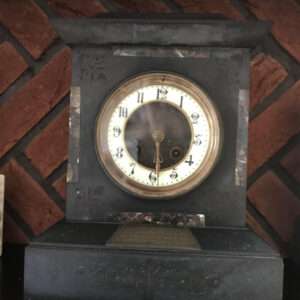The sound of an ice cream van on a Sunday afternoon, a jingle that has probably not changed in decades. Children line up with excitement to buy lollies that will colour their mouths blue, red or orange, their adult companions prefer cones or 99s. The scene is one that might have occurred on any Sunday in the past fifty years. Some of the vans have probably travelled the roads for the whole of that time.
Ice cream vans were one of the few enterprises allowed to operate under the arbitrary and inconsistent trading laws of England in my childhood days. A bizarre situation pertained where someone might buy pornographic magazines in a newsagent, but if a Christian opened a bookshop to sell a Bible on a Sunday they would face prosecution by the local council.
Shops were not the only establishments subject to legal restraints that seemed incomprehensible to most people. Pubs were required to comply with Sunday opening hours, in memory there were two hours at lunchtime and three hours in the evening. It was never clear why someone should not have been allowed to enjoy a pint of beer on a Sunday afternoon.
Sporting events were not plentiful. Amateur sports seemed to be allowed, it was possible for my father to take me to watch a motorcycle scramble. Professional sport seemed rare. It was explained to me that admission charges were not permitted (although I think there were a few shillings to pay when we attended the scrambles). When we went to Taunton to watch Somerset play in John Player League matches, instead of paying admission, we paid for membership of the county cricket club for the day.
Of course, if one was more affluent, there would always be ways of getting around rules. Residents in hotels were not subject to the licensing laws faced by people who went along to their local pub. Betting shops only became legal in 1961 and were closed on Sundays, but a monied betting man might have a personal account with a bookmaker and might have a flutter outside of opening hours (not that there were many contests on which punters might place a bet).
To a boy growing up in rural England, whose father worked five and a half days a week, it seemed odd that we were not allowed to go shopping on Sundays. We knew no-one who went to church, it seemed unfair that they should tell us what to do, that they insisted on rules that didn’t even make sense.
Fifty years later, the laws still seem odd.


